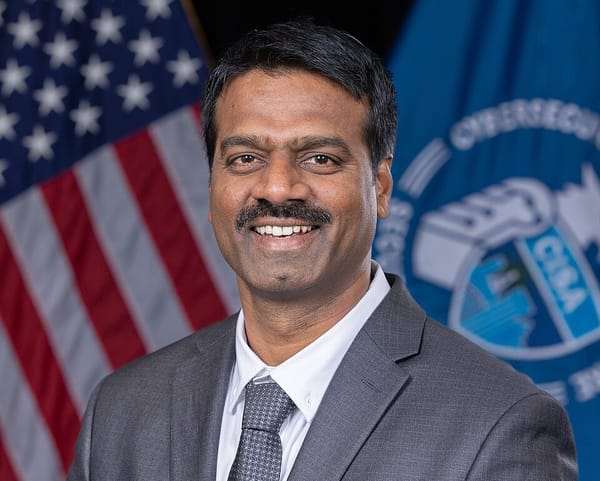The US, UK, and Australia sanction Russian bulletproof hosting providers
Alice Guo sentenced to life for running scam compound, Samourai Wallet operator sentenced to four years, SK Telecom rejects breach mediation proposal, USBP is massively surveilling Americans, Trump to preempt state AI safety laws, Eternidade Stealer gets more aggressive in Brazil, much more





